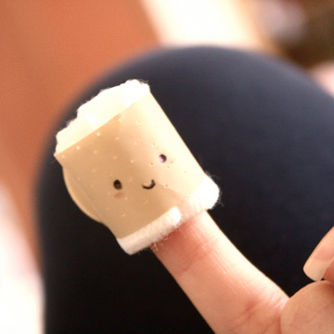I’ve had this conversation six times this week with various people and each time there has been a pause, a moment of silence, then a slow nod of understanding. The conversation was about regular psychologist appointments as part of preventative medicine for good mental health.
this conversation six times this week with various people and each time there has been a pause, a moment of silence, then a slow nod of understanding. The conversation was about regular psychologist appointments as part of preventative medicine for good mental health.
All too often, we look at therapy as a band-aid solution to a crisis – something we do when things have gotten beyond our control and we’re absolutely, positively not coping. This is how we are expected to deal with significant unanticipated events, such as grief following a sudden and unexpected loss or other trauma, but what about all the little things in our lives that add up to tremendous stress and trauma that doesn’t seem so bad, but might be a growing issue?
I see patients come into my practice with a focus on looking after their bodies – the exercise, they eat well, they want to keep their heart, liver, kidneys, uterus and skin healthy. They want to do whatever they can to protect their body from future damage and are already putting in the hard work now to prevent problems down the line.
Except for their brains, of course. Sadly, the brain (the most important organ of all!) is often forgotten among the other aspect of what is seen as ‘healthy’ living. We often don’t think about how to protect or recharge the brain, how to prevent problems of the mind down the line.
This past week I’ve been speaking about the analogy of seeing a psychologist as a last resort as being similar to major surgery – it’s done when absolutely necessary in unforgiving circumstances. An amputation or stent placement – a last resort in dire circumstances. We don’t think of needing anything for a paper cut. Or two. Or three. Or even ten. But what about a hundred paper cuts? A thousand? How many of these tiny, seemingly insignificant events would it take before we’re bled dry? And how many should we endure before seeing help?
When I suggest regular therapy as part of a preventative health routine, I’m suggesting that a regular debrief or feedback session is a way of dealing with those thousand paper cuts so they don’t end up becoming critical. Therapy can reinforce coping techniques or give a safe space to explore potentially difficult feelings and conversations.
If everyone went to therapy regularly for those mundane events, I feel there would be far less need for crisis therapy when those same mundane events overwhelm us.

Recent Comments